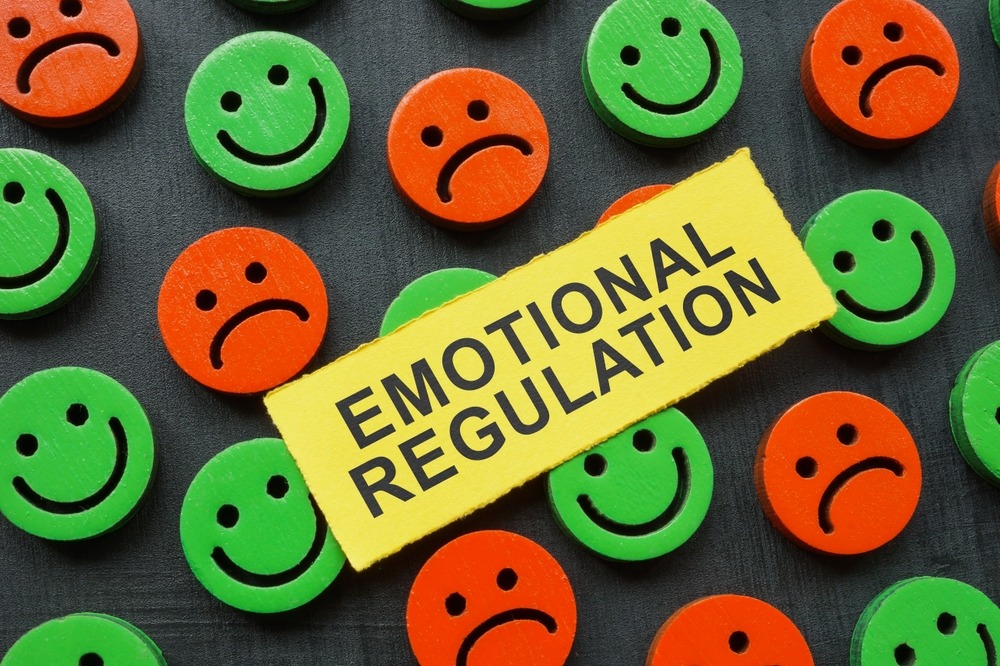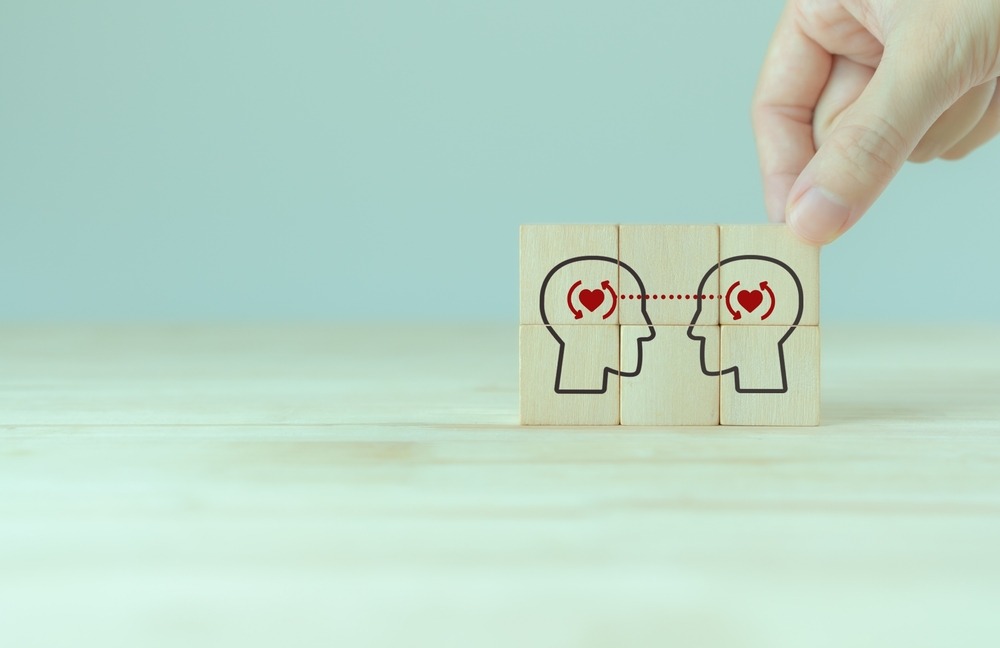
A Deeper Dive into Emotional Regulation
Emotional regulation is the cornerstone of psychological fitness. It refers to our ability to manage and respond to emotional experiences in a way that is socially acceptable and allows us to achieve our personal goals. Emotional regulation is not about avoiding or suppressing emotions but about acknowledging them, understanding their source, and choosing how to express them appropriately.

Understanding Emotional Regulation
Emotions are complex responses to internal and external stimuli, and they can range from joy and excitement to anger and sadness. Emotional regulation involves several key processes:
- Awareness: The first step in emotional regulation is being aware of our emotions. This means recognizing what we are feeling in the moment without judgment.
- Understanding: Once we are aware of our emotions, it’s important to understand why we are feeling that way. This involves identifying the triggers or situations that led to the emotion and considering how our thoughts may be influencing our feelings.
- Acceptance: Accepting our emotions as they are, without trying to change them immediately, is crucial. This acceptance allows us to fully experience our emotions and understand them more deeply.
- Modulation: Modulation is where we manage the intensity or duration of our emotions. This could mean calming ourselves down when we’re angry, cheering ourselves up when we’re sad, or sustaining a positive emotion like excitement or happiness.
- Expression: Finally, emotional regulation involves expressing our emotions in a way that is appropriate to the situation and that aligns with our long-term goals and values. This might mean choosing to express anger calmly rather than shouting, or sharing our excitement in a way that doesn’t overwhelm others.

Real-Life Example of Emotional Regulation
Imagine you’re at work, and a colleague criticizes a project you’ve been working on for weeks. The criticism feels unfair and harsh, and you feel a wave of anger and frustration rising inside you.
In this moment, emotional regulation involves several steps:
- Awareness: You notice the anger building up and recognize that you’re feeling defensive and hurt because you’ve invested a lot of time and effort into the project.
- Understanding: You take a moment to think about why this criticism is affecting you so strongly. Perhaps it’s because you value your colleague’s opinion, or maybe you’re worried that their criticism will affect your reputation at work.
- Acceptance: Instead of immediately reacting, you allow yourself to feel the anger without judgment. You acknowledge that it’s okay to feel upset in this situation.
- Modulation: To prevent the anger from escalating, you take a few deep breaths and remind yourself that reacting impulsively could damage your relationship with your colleague and potentially harm your professional standing.
- Expression: Once you’ve calmed down, you respond to your colleague in a measured way. You might say, “I appreciate your feedback, but I’m feeling a bit defensive because I’ve put a lot of effort into this project. Can we discuss specific areas where you think improvements could be made?”
By regulating your emotions, you’ve managed to keep the situation from escalating into a conflict, maintained your professionalism, and opened the door for constructive dialogue.
The Importance of Emotional Regulation
Emotional regulation is critical in all areas of life. In personal relationships, it helps prevent conflicts from spiraling out of control and allows for more meaningful communication. At work, it enables us to handle stress and setbacks without becoming overwhelmed. In social situations, it helps us navigate complex interactions and maintain positive connections with others.
When we practice emotional regulation, we gain greater control over our emotional experiences, leading to better mental health, improved relationships, and more successful outcomes in our personal and professional lives. It’s a skill that, like any other, can be developed and strengthened with practice, leading to a more balanced and fulfilling life.
Follow Us on Social Media
https://www.instagram.com/providencehwc
https://www.facebook.com/providencehwc/


